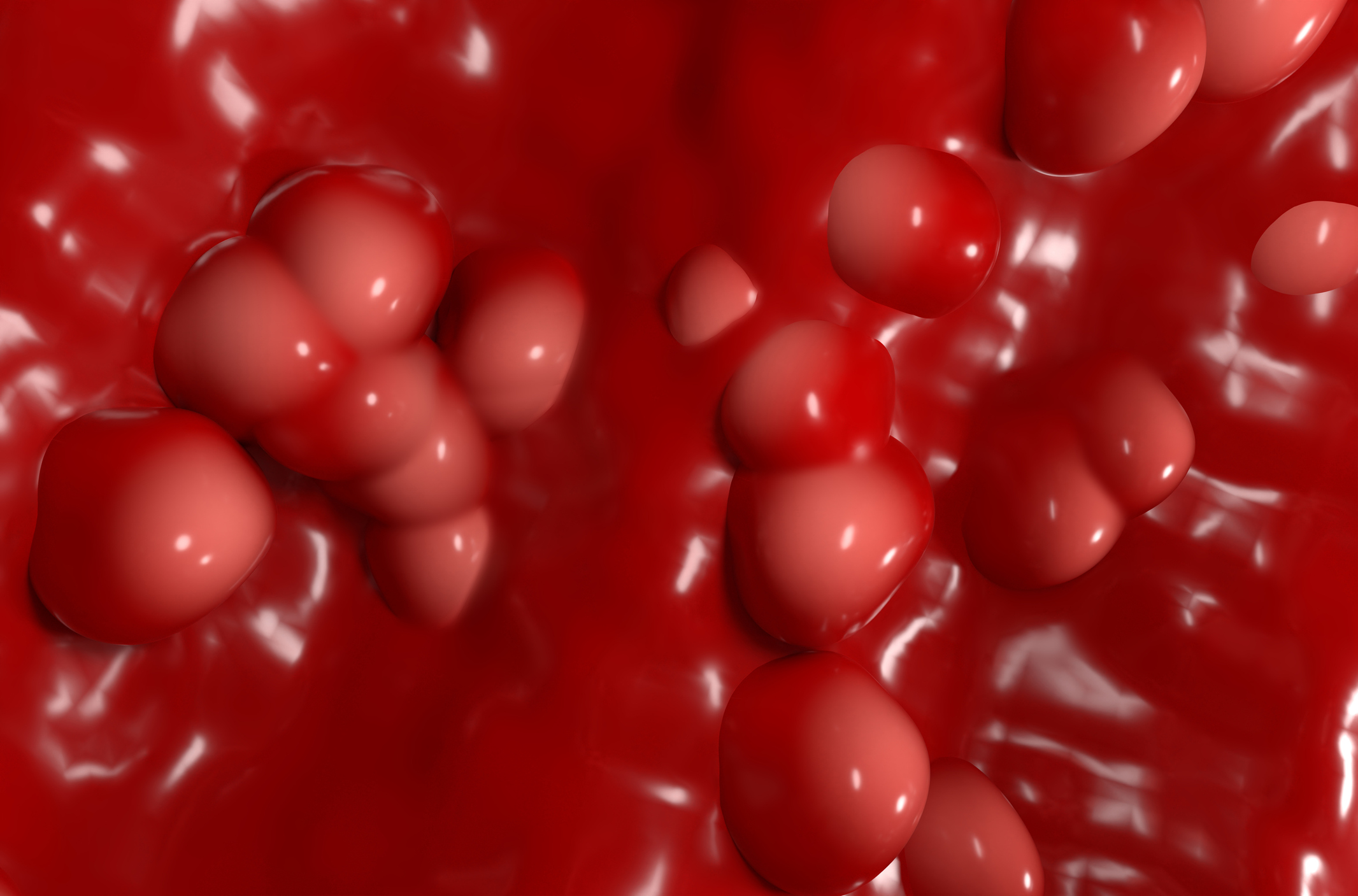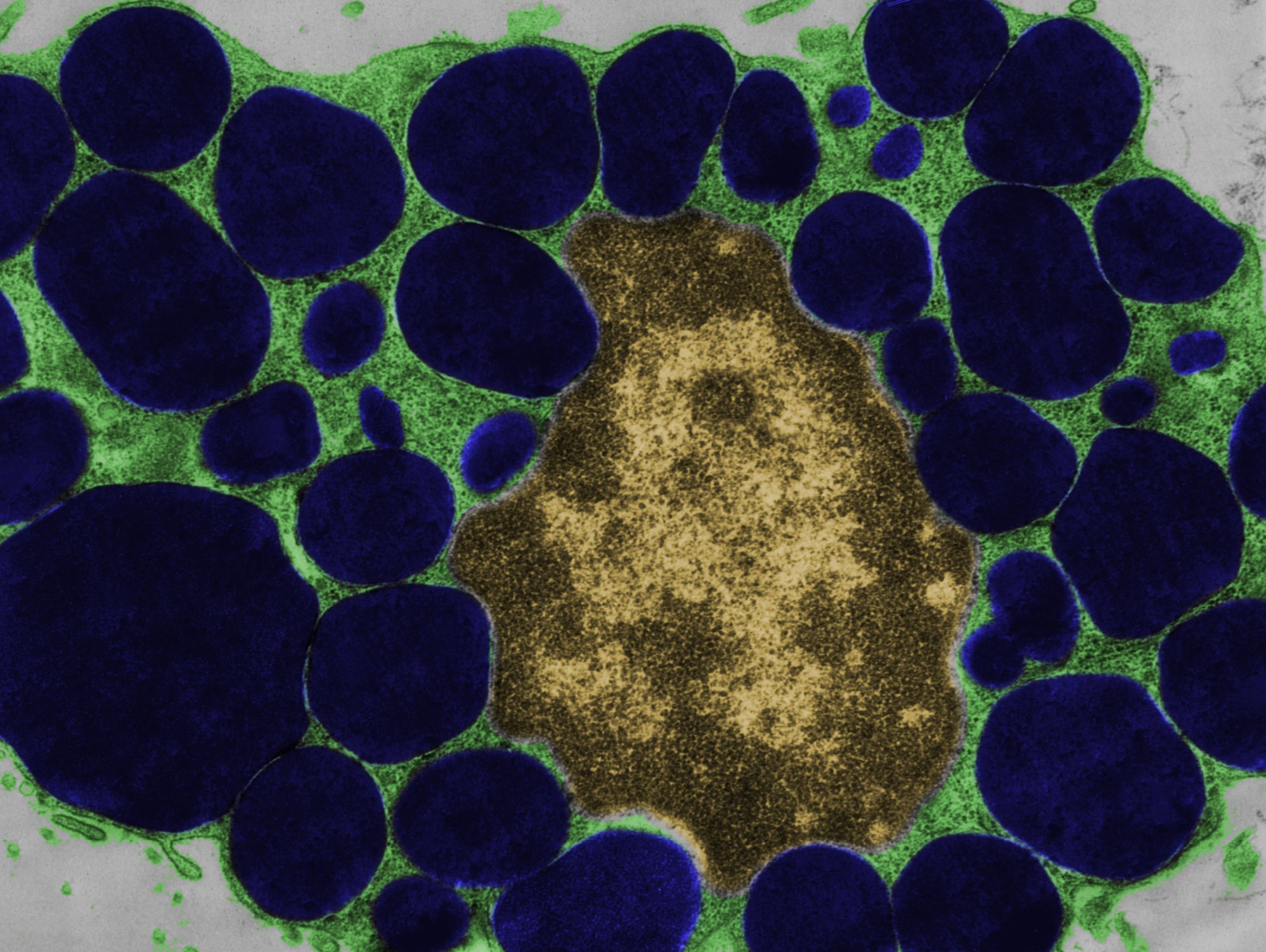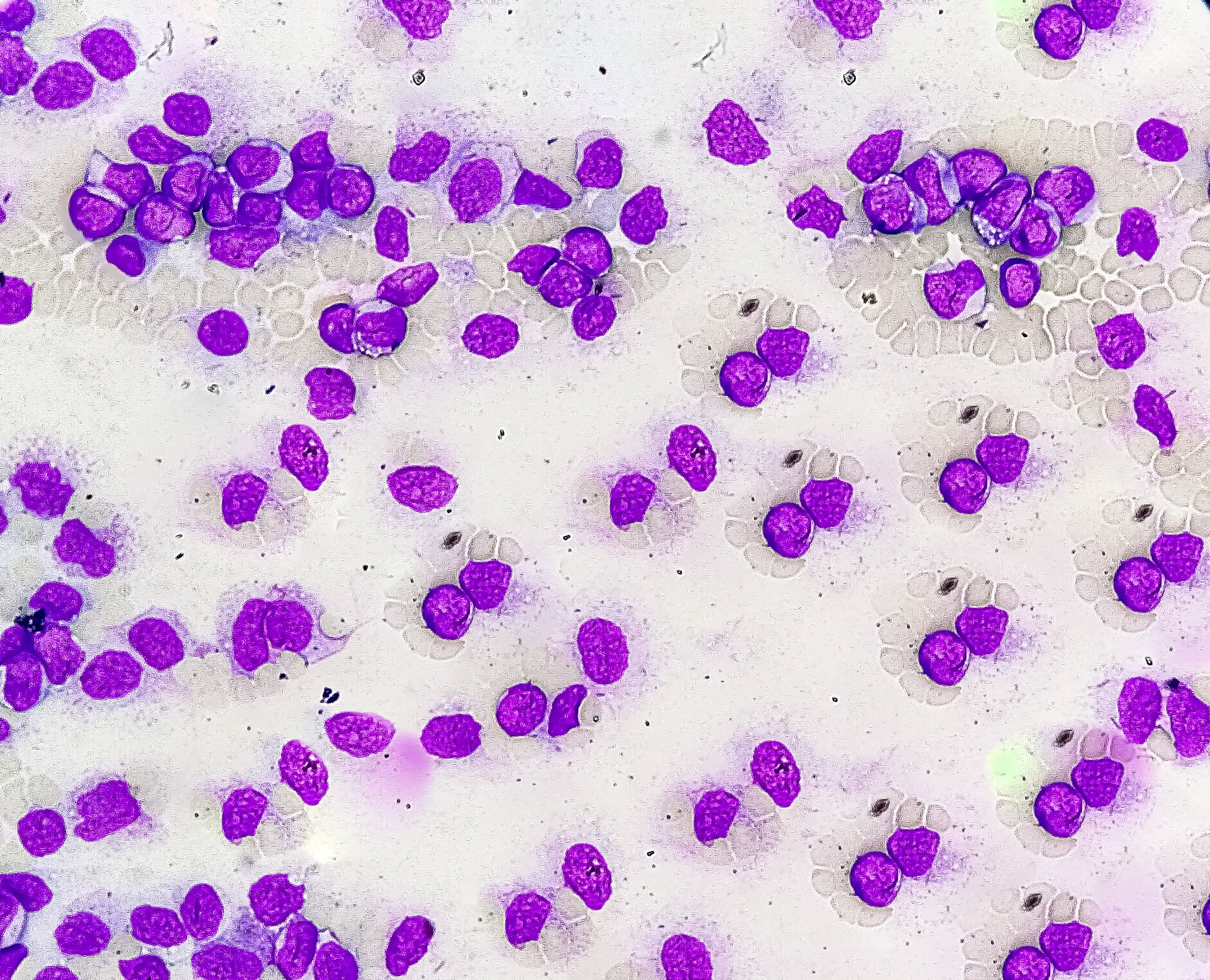Under the impact of the current COVID-19 pandemic and its associated restrictions, many patients are reluctant to see a doctor for health problems. As a result, for example, widespread troublesome reflux symptoms often go untreated. More seriously, serious complications of reflux disease could go undetected. A brief overview.
Currently, many patients do not go to the doctor or are reluctant to do so despite health complaints. According to a survey by the Zurich University of Applied Sciences (ZHAW) and the University of Zurich, the Swiss population has not claimed six out of ten medical treatments in the four weeks since the end of March 2020 [1]. Reasons include limited freedom of movement, fear of catching the Corona virus in the waiting room, or concern about blocking medical capacity with their own “minor complaints.” This can lead to delays in diagnosis and therapy, sometimes with negative consequences.
Due to the currently rampant COVID-19 pandemic, patients with upper abdominal symptoms are also at risk of having their symptoms go untreated for prolonged periods of time and more serious diagnoses go undiagnosed. In fact, reflux and dyspeptic symptoms are widespread, with the prevalence of gastroesophageal reflux disease (GERD) alone at 10 to 20 percent of the Swiss population. When can treatment be provided in the family practice, when should referral be made? As a general rule, referral to the gastroenterologist is recommended for the following alarm signs: Evidence of gastrointestinal bleeding, anemia, dysphagia, weight loss, recurrent vomiting, and first occurrence of reflux or dyspeptic symptoms in those over 45 years of age. Referral should also be considered for persistent or refractory reflux symptoms or for atypical symptoms. However, the decisive factor is always the patient’s level of suffering.
Below is a brief overview of the characteristics of the major reflux phenotypes and when referral to a specialist is advised.
1. mild reflux:
- Typical reflux symptoms occurring less than three times per week: acid regurgitation, mild heartburn, and stomach burning; no or only mild reflux esophagitis
- Taking alginate/antacids as needed; possibly trying diagnostic therapy with proton pump inhibitors (PPI) for two weeks.
- Conservative measures: Diet (avoidance of high-calorie, especially fatty foods; reduction of portion size; no food intake 3-4 hours before bedtime), raising the head end of the bed, weight reduction.
Referral to the specialist:
- For alarm signals (see BOX)
2. severe reflux:
- The typical reflux symptoms (see above) occur almost daily; moderate to severe reflux esophagitis
- Consider age and obesity as risk factors, weight reduction if necessary.
- Therapy with PPI for four to eight weeks (long-term treatment required for recurrent symptoms); additional use of alginate/antacids as needed to treat symptoms occurring under acid suppression; regular, prophylactic use of alginate/antacids after meals and before bedtime may prevent occurrence of volume regurgitation and other symptoms
- Regular symptom monitoring with medication adjustment; endoscopic follow-up to confirm cure of severe esophagitis and to exclude Barrett’s esophagus.
Referral to the specialist:
- For alarm signals (see BOX)
- If long-term treatment with PPI is planned
- Persistent symptoms despite high-dose treatment with PPI
3. symptomatic hiatal hernia:
- In elderly patients with severe reflux problems, recurrent volume regurgitation, discomfort at night, and difficulty eating
- Diagnostic therapy trial with PPI for two weeks; taking alginate/antacids as needed or regularly.
Referral to the specialist:
- For alarm signals (see BOX)
- In case of large, symptomatic hiatal hernia (>5 cm) surgery is also considered
4. laryngopharyngeal reflux
- Mostly reflux symptoms, plus extraesophageal symptoms such as cough, hoarseness, globus, and other pharyngeal swallowing symptoms
- Extraesophageal symptoms may also occur without typical reflux symptoms
- Diagnostic therapy trial with PPI for four to eight weeks; take alginate/antacids as needed or regularly after meals (alginates suppress proximal reflux and form a protective layer over the pharyngeal mucosa).
- Conservative measures and PPI treatment; taking alginate/antacids as needed or regularly.
- Regular symptom control
Referral to the specialist:
- Persistent reflux symptoms, inadequate symptom control.
- If laryngopharyngeal reflux is suspected without reflux symptoms.
5. hypersensitive esophagus
- More common in younger patients, those under stress, and those with anxiety disorders or functional illnesses (e.g., irritable bowel syndrome, fibromyalgia)
- Endoscopy unremarkable, functional diagnostics: normal number of reflux events but clinically causing heartburn, pain and other symptoms, higher visceral pain perception
- Diagnostic therapy trial with PPI for two weeks; PPI treatment often undesirable; alternative with alginate/antacids.
Referral to the specialist:
- In the case of persistent, therapy-refractory complaints
6. functional reflux complaints
- Refractory reflux symptoms, atypical symptoms such as globus, thoracic pain, repetitive belching, regurgitation or rumination
- Endoscopy unremarkable, functional diagnostics: neither a pathological reflux diagnosis nor a positive symptom correlation.
- Clarify: Accurate history, history of psychological and functional disorders.
- Diagnostic therapy trial with PPI for two weeks
- Acid suppressive therapy is generally ineffective
Referral to the specialist:
- In the absence of response to diagnostic trials with PPI.
Alarm signals in reflux patients:
|
More details about the different reflux phenotypes can be found here
Literature:











